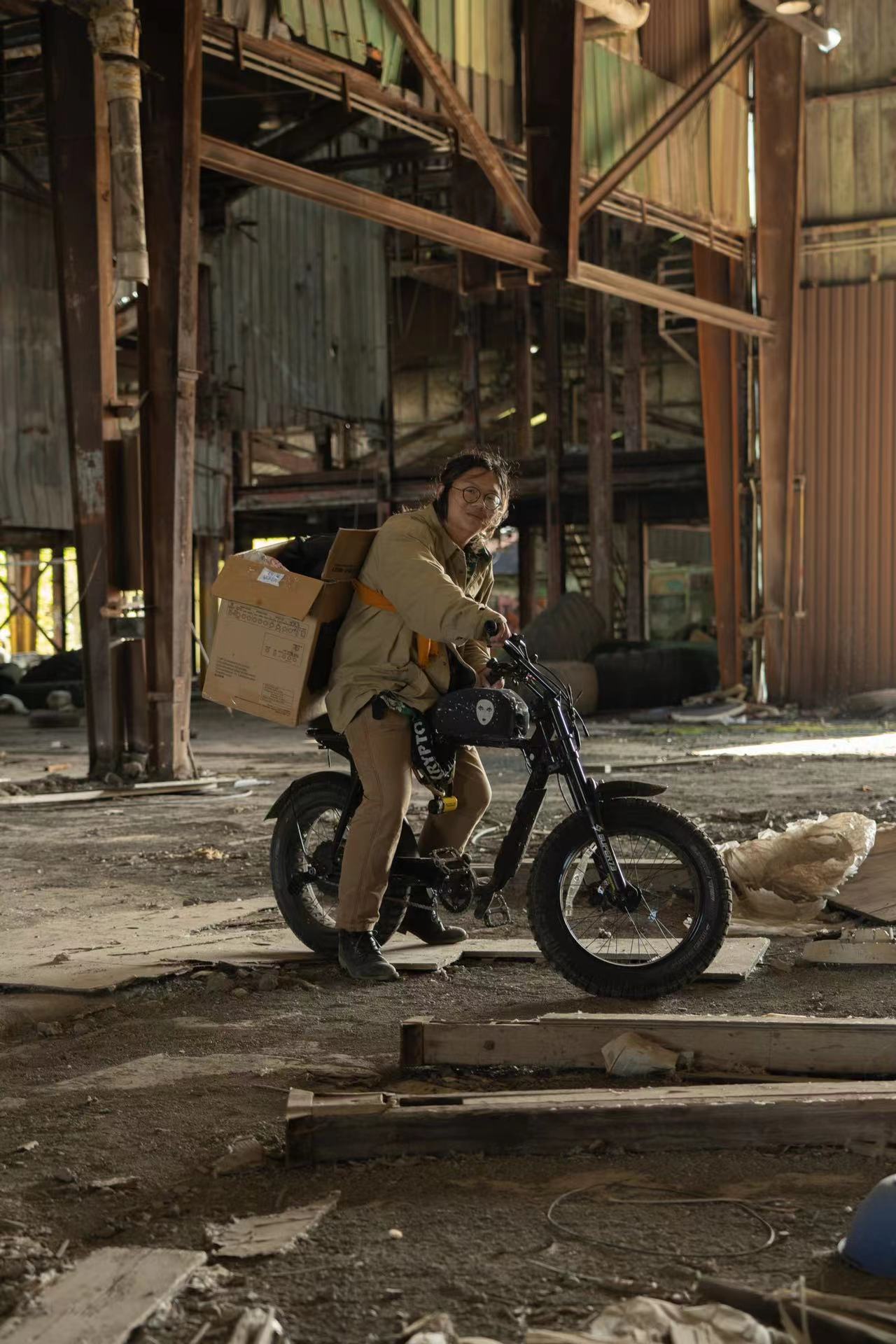

Today we’d like to introduce you to Yulin Chen
Hi Yulin, we’d love for you to start by introducing yourself.
During my childhood, my parents were sometimes busy with work, so every weekend, they would drop me off at a bookstore where I could read books for free all day, or they would buy me a movie ticket at their company’s small theater so I could watch movies all day with just one ticket. However, I started to become less talkative. I particularly hated going to school, but luckily, my grandmother was a math teacher, and she would give me extra homework every day to keep my grades up. She didn’t know that while doing homework, I was actually writing little stories. The characters in these stories were my friends and myself, and the content was a collection of various movies and novels. At that time, I felt that becoming a writer, or a screenwriter, sounded really cool.
Later, I chose to attend Columbia College Chicago, not only because of its low tuition but also because Chicago is a filming location for many movies. When I first passed by the Riverwalk, I indeed thought of the Decepticons destroying Chicago. My house was even right next to the train explosion in “Source Code.” This also inspired me to explore the city, looking for locations for different short films for my friends.
At the same time, I particularly liked some Chicago stories, but I realized that although I wrote a lot, I didn’t have the money to film, or the scripts were completely changed by directors. It was at this moment I discovered that the only thing I could protect and control was actually my chopsticks. So, I started trying to work as a Line Producer, 1st AD, and finally as a Producer.
After graduation, I decided to continue my education at SCAD in Atlanta. While my classmates and friends flew to LA to pursue opportunities, I felt that Atlanta might be my best choice. Not only was it still affordable, but Atlanta was an emerging film industry, offering me more opportunities to shoot, and the production costs were significantly lower, allowing my friends and me to save money for post-production after completing our works. However, this also created some issues, like shooting in two cities. I would return to Chicago every two to three weeks for filming or post-production, but thanks to Spirit and Frontier, I could buy round-trip tickets for $60.
Now, I am working on my next short film, which doesn’t have a title yet. It’s about a newly hired police officer who accidentally injures someone and faces inner turmoil during his Administrative Leave.
We all face challenges, but looking back would you describe it as a relatively smooth road?
I believe that the common struggle for filmmakers is a lack of budget. Therefore, I’m always trying my best to raise funds through crowdfunding and writing letters to different film foundations for help. Of course, there are always some wealthy friends who choose to trust me, giving me money to help complete their works.
Of course, the biggest struggle I believe comes from my parents. My parents are in China, and sometimes they don’t understand what I’m filming, perhaps because I didn’t add Chinese subtitles. My mom always tells me that my works are too scary, and my dad agrees, saying they’re too scary and my mom doesn’t dare to watch. So, I joined my friend’s crew to shoot a Chinese short film with similar content, but they loved watching it and found it moving. But I won’t try to refute their criticism because I believe that fifty percent of a movie is made up of the audience, and being criticized means people are paying attention to you.
Thanks for sharing that. So, maybe next you can tell us a bit more about your work?
I now focus on being a producer and 1st AD. I excel at handling unexpected situations, time management, and treating my crew as family.
The thing I’m most proud of is finishing today’s shooting tasks before the schedule, and as the crew leaves the set, they happily tell me, “Yulin, the crafty and lunch the production team prepared today were really good.”
I feel like I am someone who spends my own money in low-budget projects to serve the crew and talents. I collect the crew’s and talents’ preferences for snacks and their first lunch, then randomly include their favorites in the lunch on certain days. I believe work is just work, and it only takes up 8-12 hours a day, but friends are for a lifetime. The crew members who are willing to work for very low wages on low-budget projects are full of passion. If I can’t satisfy their stomachs, what else can I satisfy?
Risk taking is a topic that people have widely differing views on – we’d love to hear your thoughts.
The risks are inherent in the production itself. I remember during the summer of 2023 when I was producing in Chicago. Due to our extremely tight budget, we were limited to shooting car scenes in street parking spots. Although I had permits, I still had to reserve the parking spots with five cars, and when it was time for that scene, I would have PAs move the cars. I was wearing a yellow reflective vest, staying with my traffic cones. A black SUV tried to park in one of our spots, so I approached the car. As I got closer to his window, I saw him pointing a gun at my head. I felt that if I didn’t raise my hands, I would die. Then, without thinking, I ran back to the hot set and called the police. In the end, the police stood by our set for nearly two hours. After that, I felt like I got a bargain because we got free police protection without paying for it.
As a Chinese, the first thing we do at the Day 1 Safety Meeting of the production is burn incense, praying for the project to be completed smoothly and safely. As a producer, I’m always weighing the potential rewards against the risks. A calculated risk, where the potential upside outweighs the downside, is often worth taking. However, when there’s no budget, our projects are always filled with risks, whether it’s shooting without permits, car chase scenes without closing roads, or diving into lakes without a safety officer. In such situations, I choose to strongly communicate with the director to delete that scene, or change the schedule until we can obtain permits or have a coordinator on set. Sometimes, I even hope the police would show up to force a stop to the dangerous shoot. Therefore, I’m accustomed to communicating with the police to solve problems. When facing risks, a calm attitude and good communication are always the best approach.
Contact Info:
- Website: https://www.yulinstudios.com/
- Instagram: https://www.instagram.com/cyl2od/
- Facebook: https://www.facebook.com/profile.php?id=100006386025796
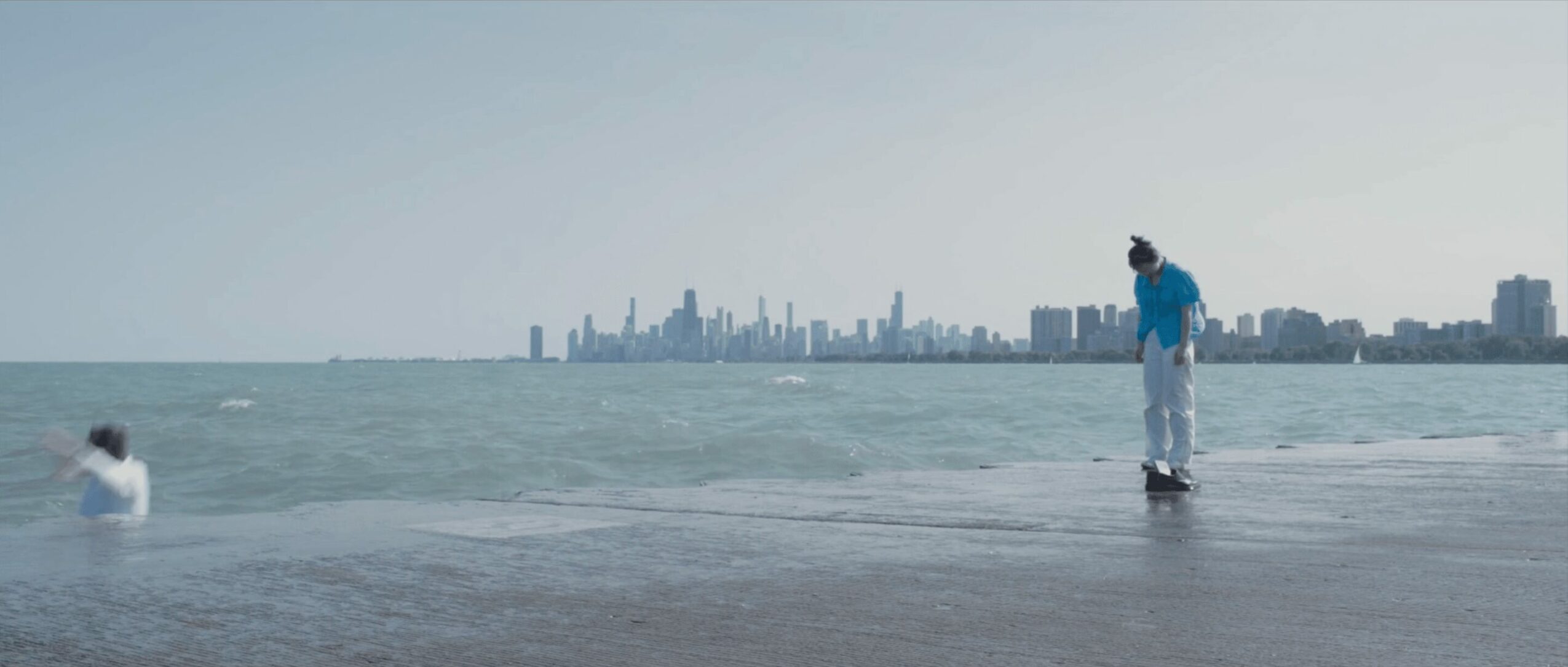
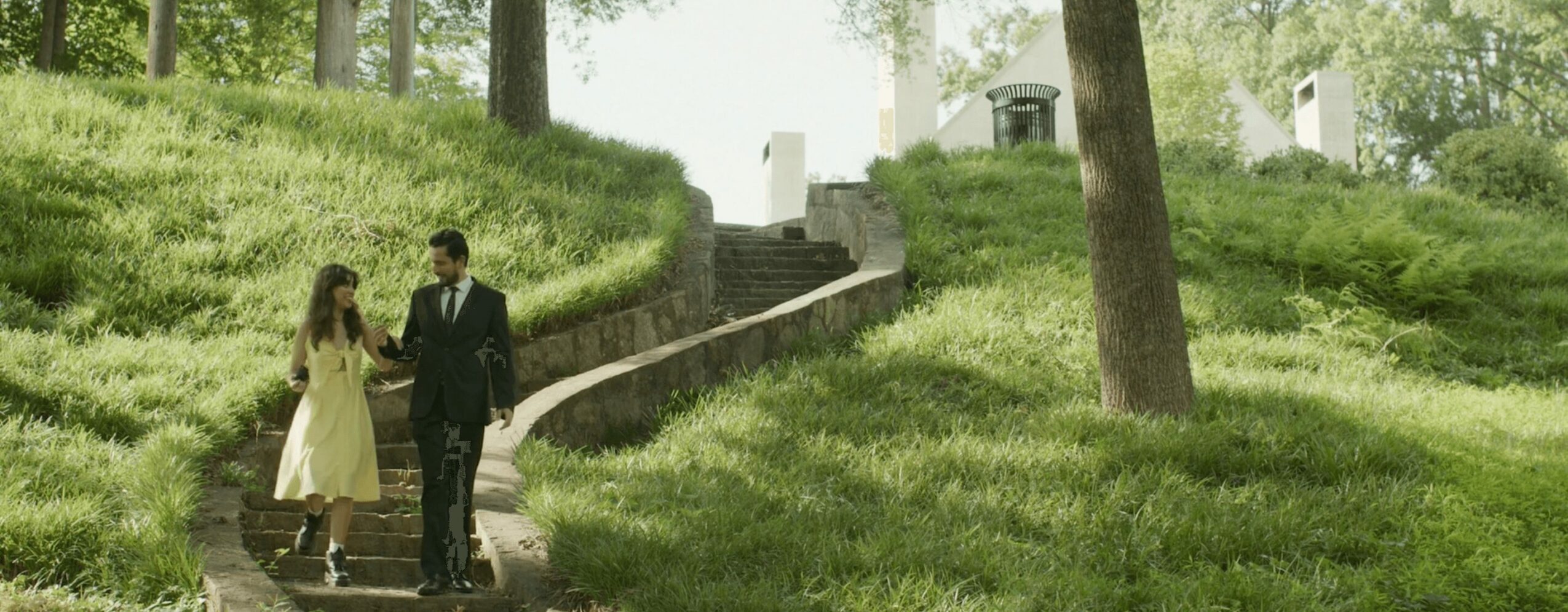
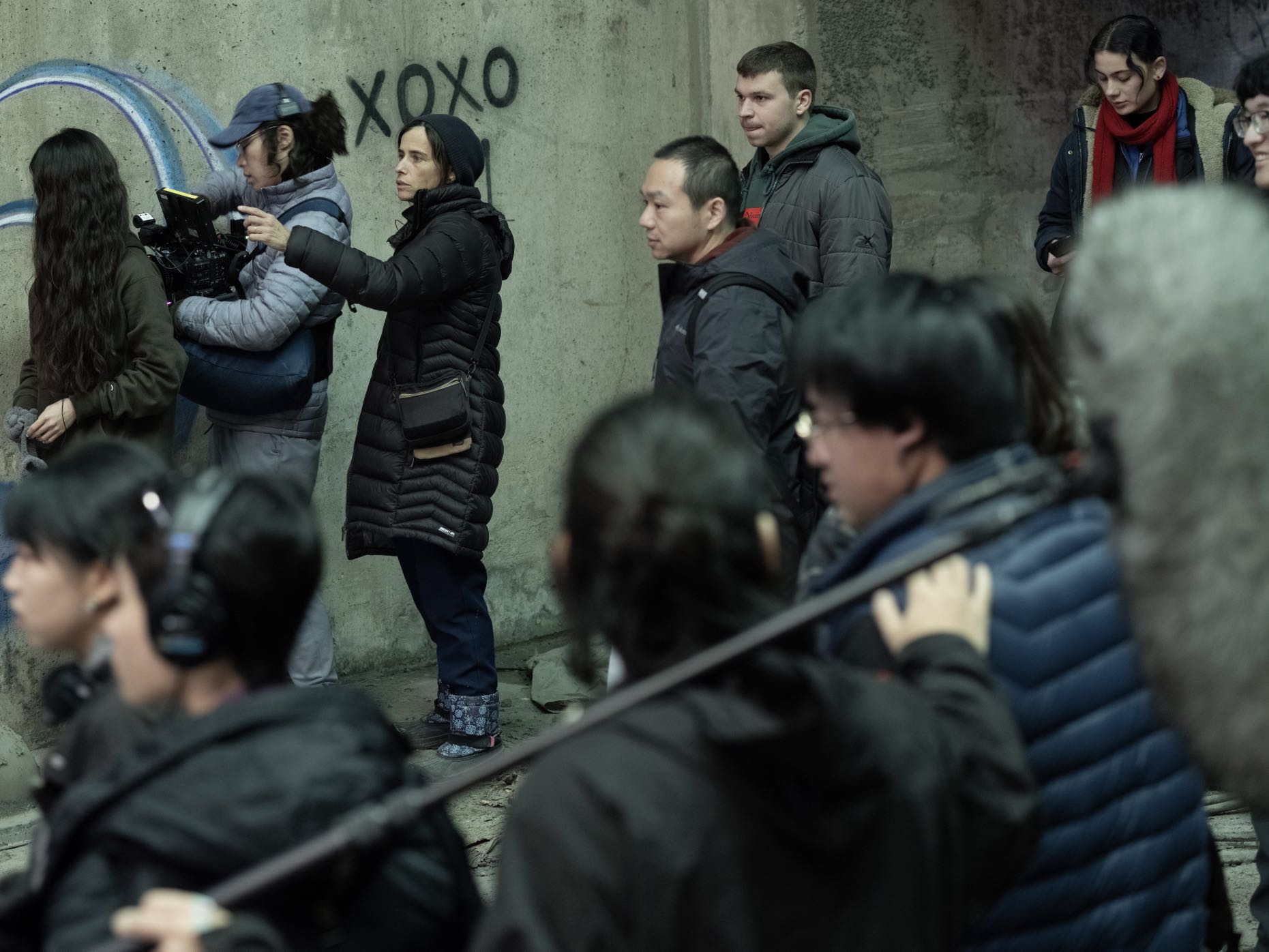
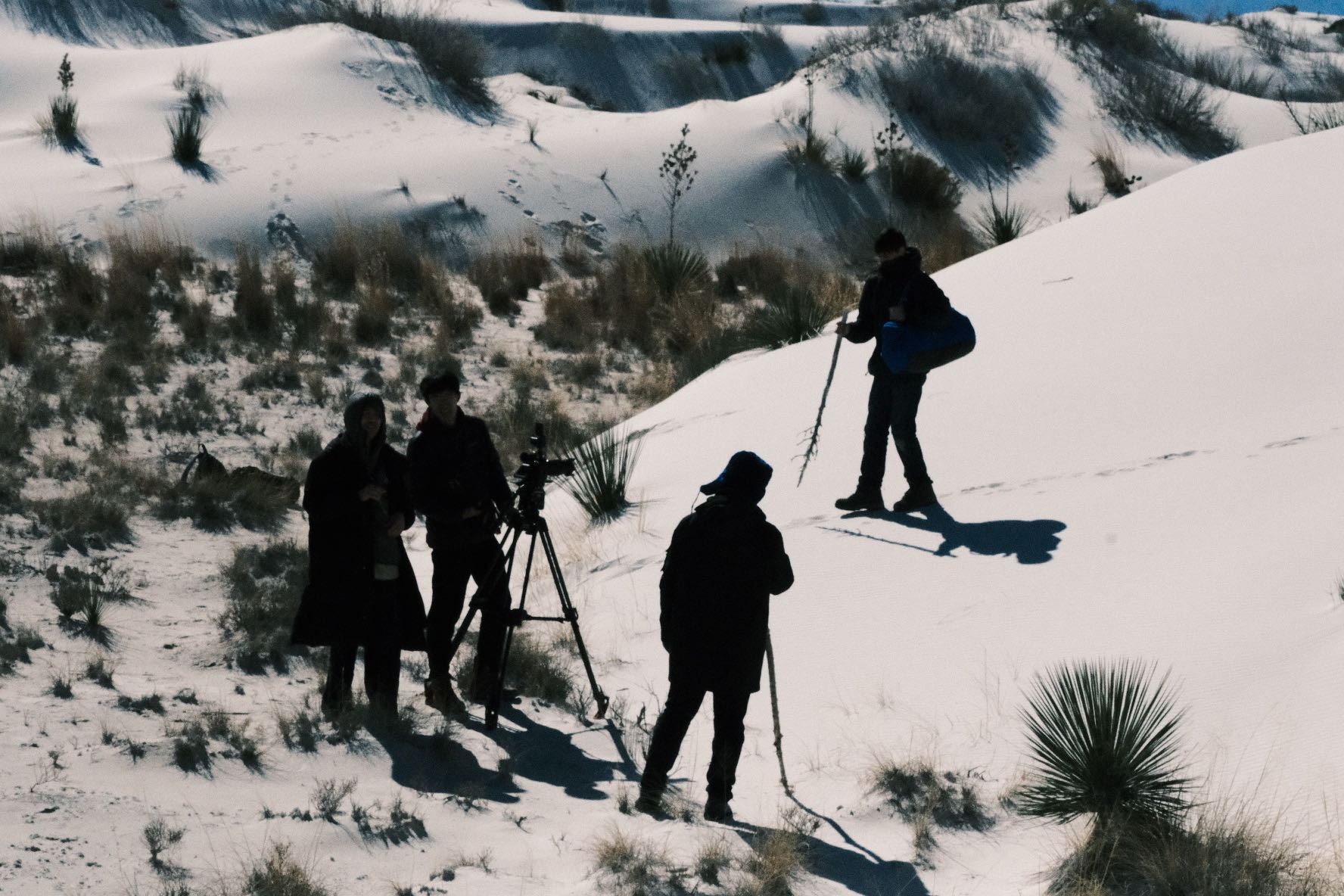
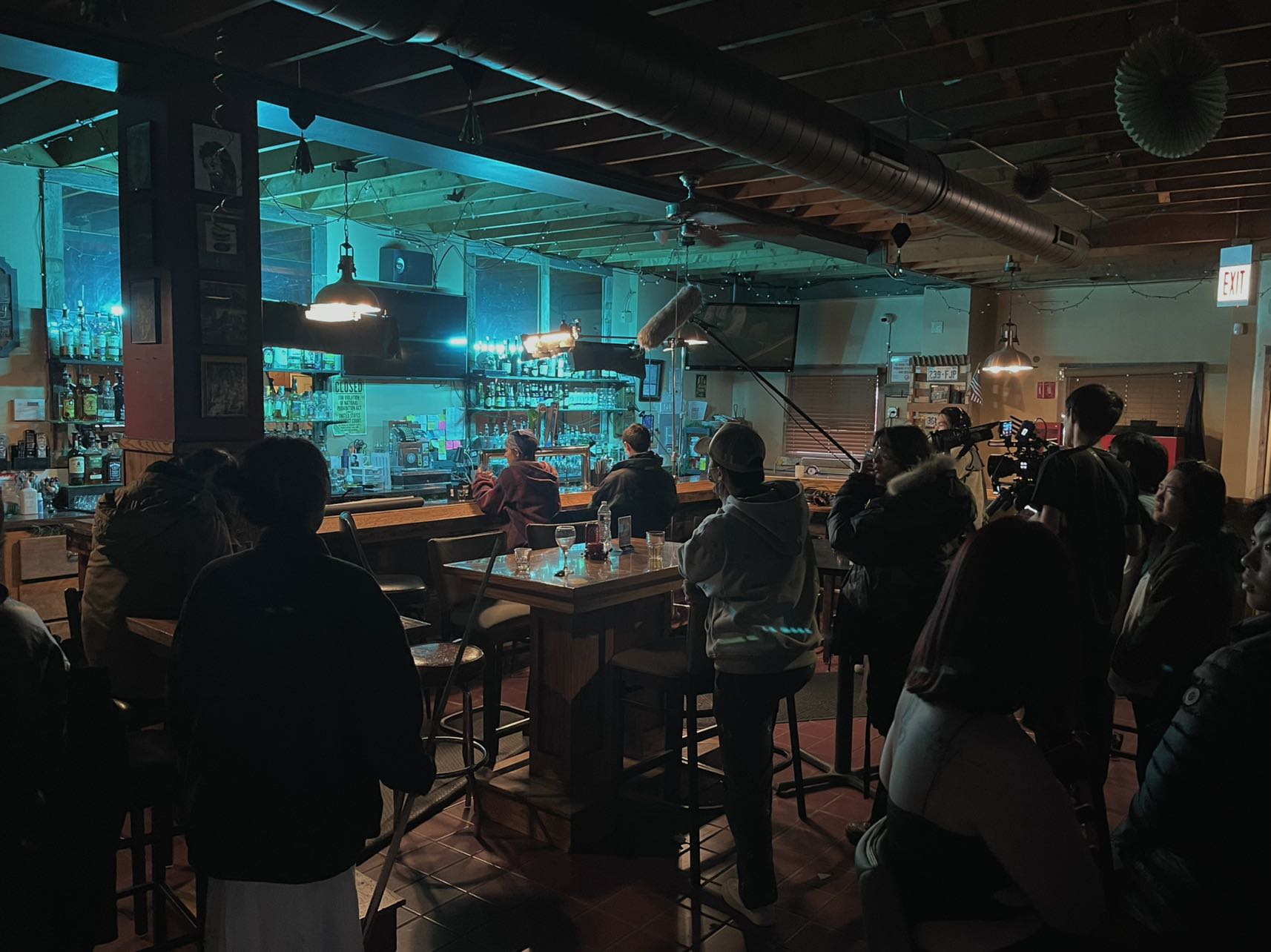
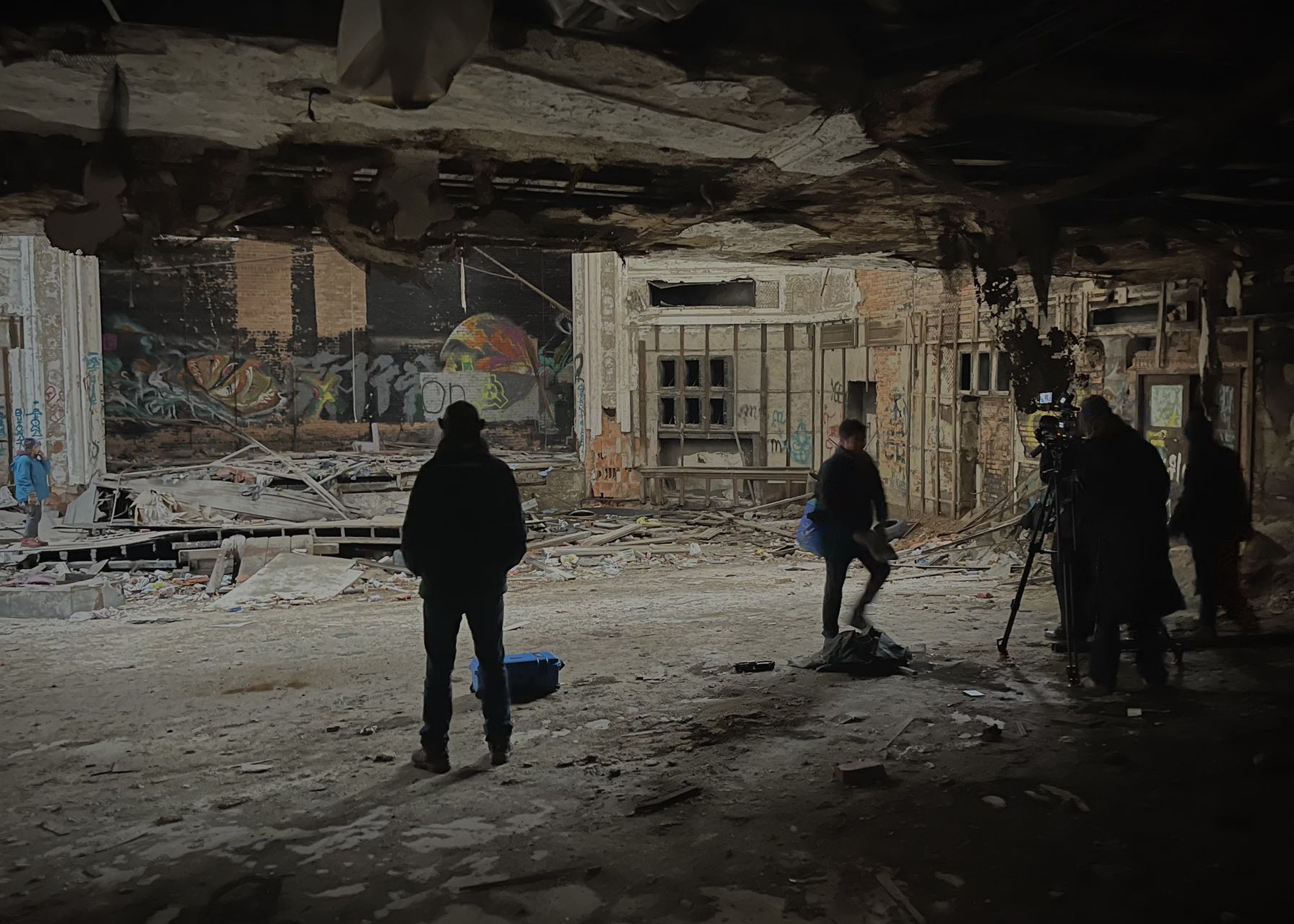
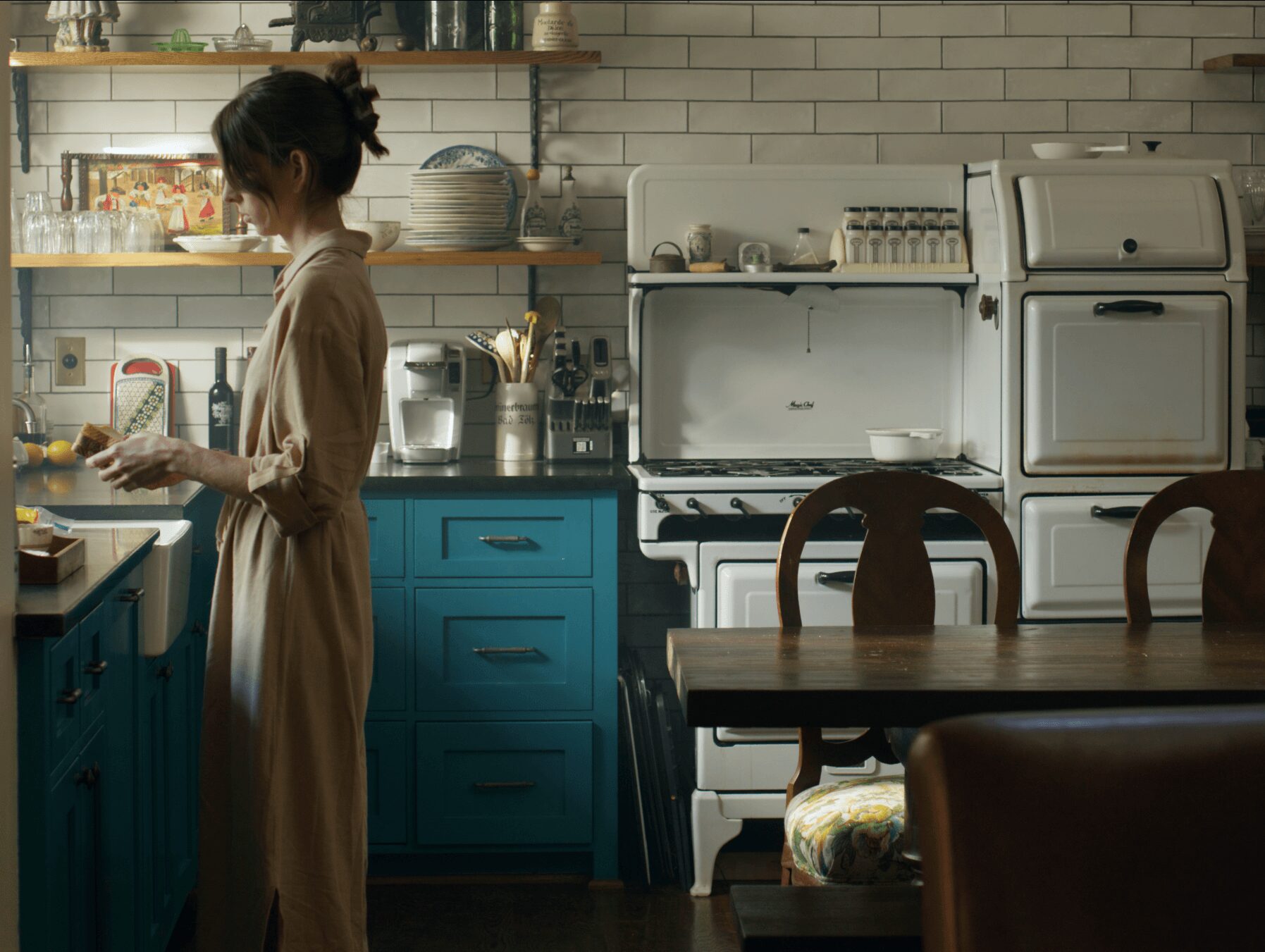
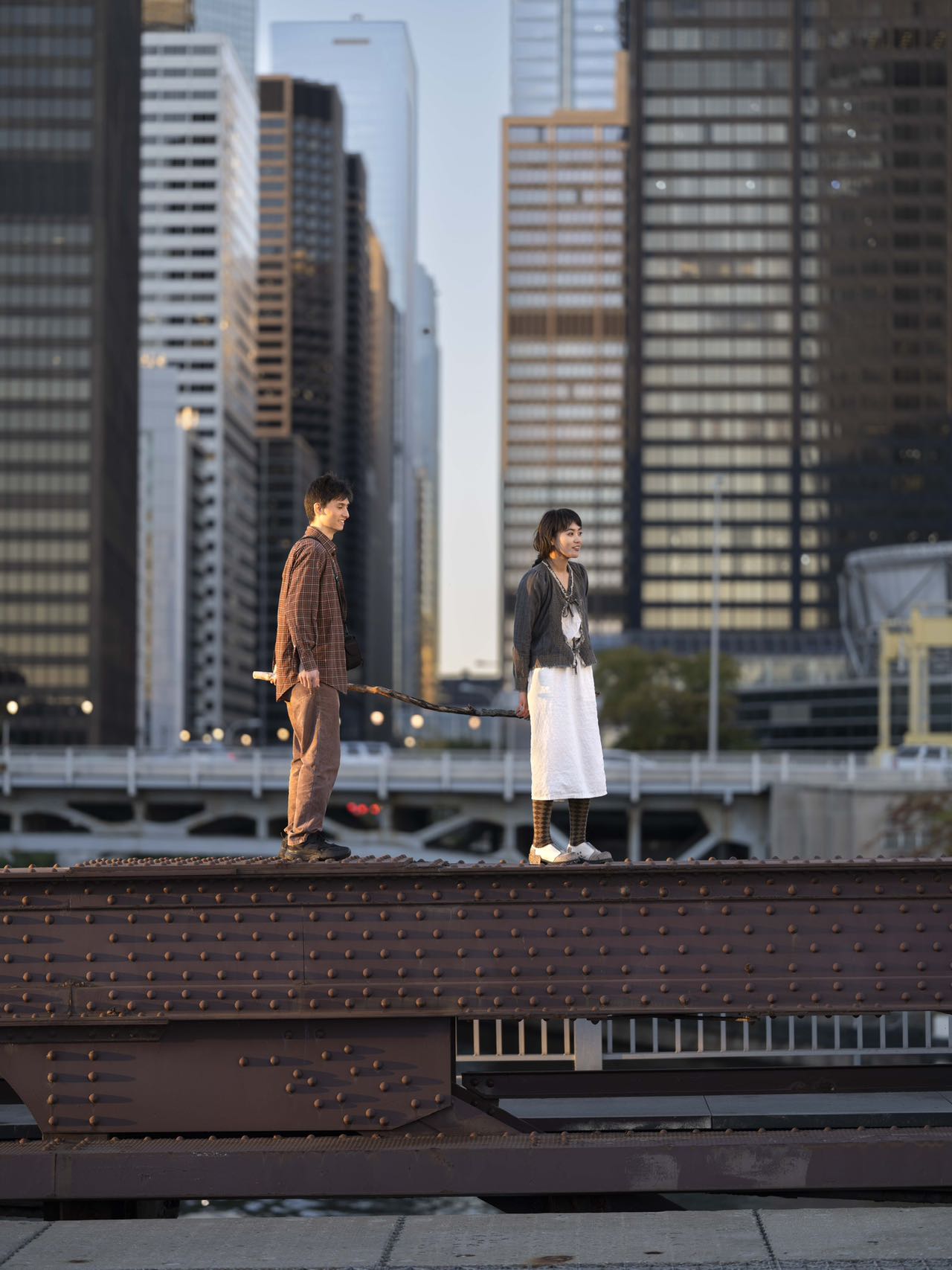
Image Credits
Eugene Tang, David Zhuang, Bole Li, Cici Yu













